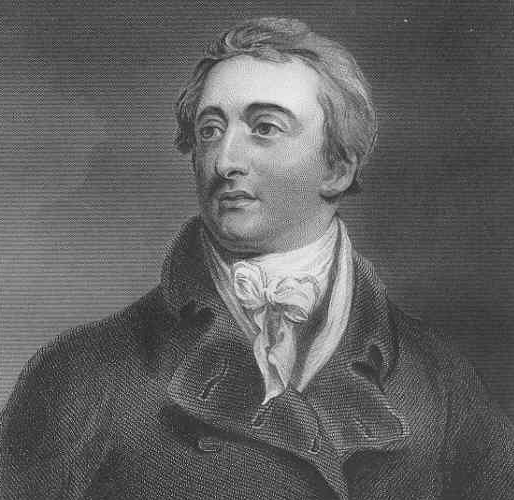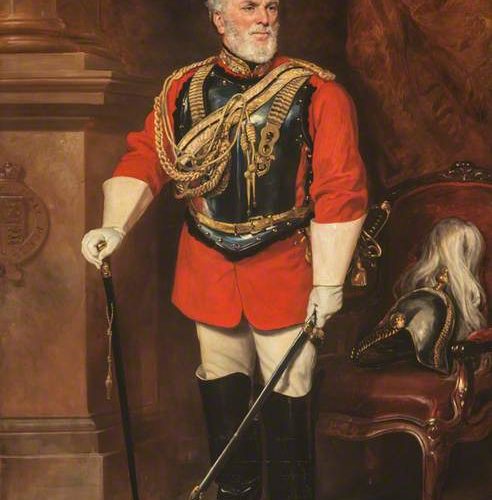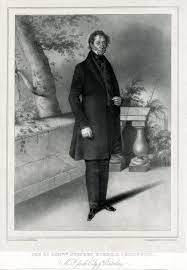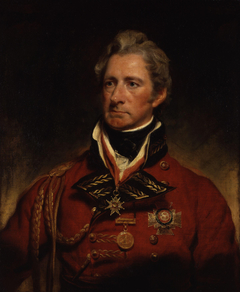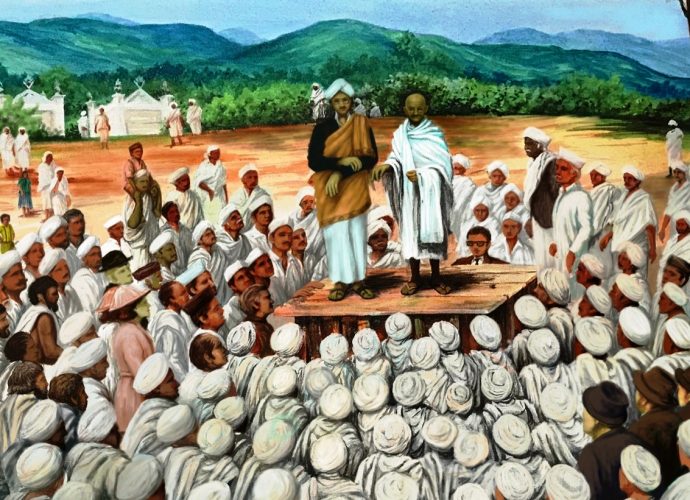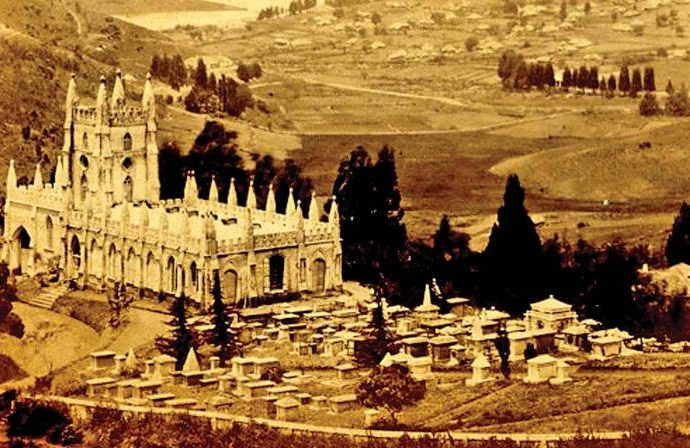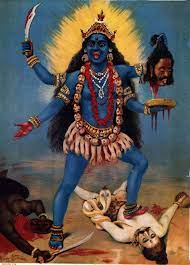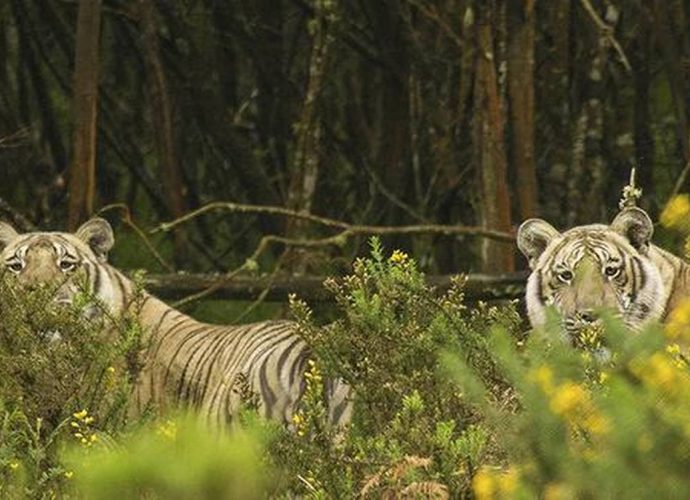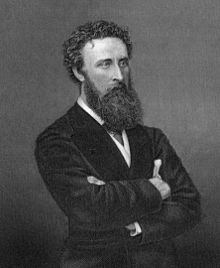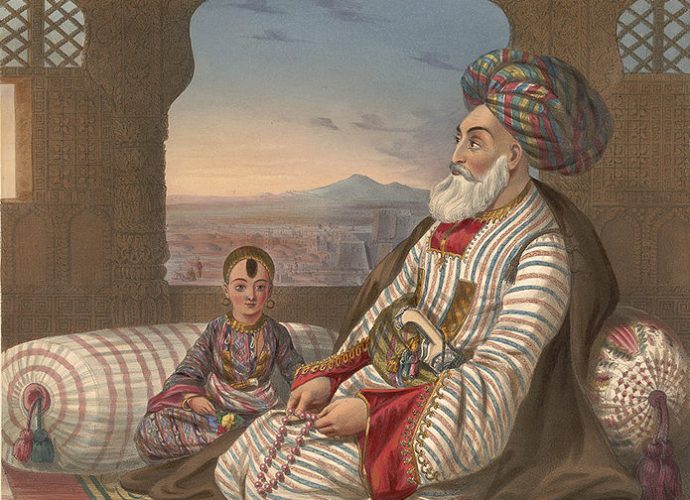Lord Bentick : Great Minds
Lieutenant General Lord William Henry Cavendish-Bentinck , known as Lord William Bentinck (1774- 1839), was a British soldier and statesman. He served as Governor-General of India from 1828 to 1835 In 1834, the British Parliament’s new Charter for the East India Company abolished its trading functions. Instead, the Company becameRead More →

